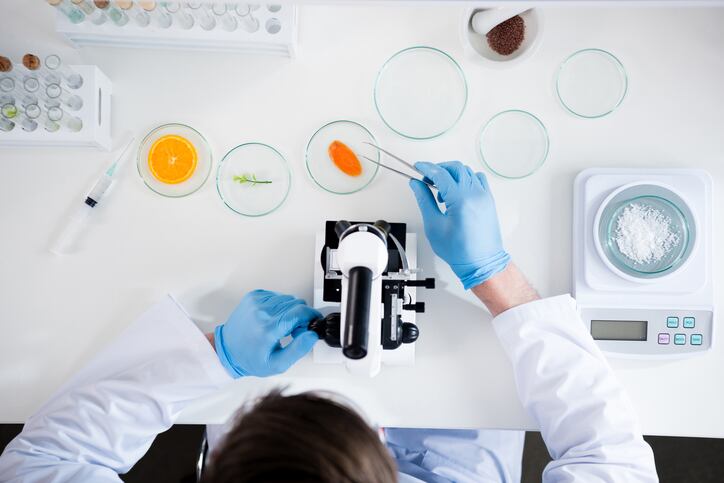ClientEarth, a non-profit environmental law organisation with offices in London, Brussels and Warsaw, is demanding changes to the proposal to ensure more transparency on why certain chemicals allowed in food are considered safe.
Published in April this year, the Commission’s proposal aims to increase transparency and restore public trust following food related scandals in Europe.
According ClientEarth, the wording of the proposal is “highly problematic” and it contains clauses that could compromise food safety by allowing companies to withhold certain information. "Significant amendments" to the draft law are needed, it said.
Certain provisions in the draft law guarentee intellectual property rights and data exclusivity, and commit the European Food Safety Authority (EFSA) to protecting confidential information “as long as this is duly justified”. It does allows confidential industry information to be disclosed in two cases: when urgent action is essential to protect public health, animal health or the environment or when the information is part of the conclusions of the EFSA opinion and relates to foreseeable health effects.
The April proposal was part of the Commission's Fitness Check of the General Food Law, which dates back from 2002, but also on the back of a European Citizens' Initiative in October last year, entitled 'Ban glyphosate and protect people and the environment from toxic pesticide'.
The initiative was submitted to the Commission and collected over one million (1,070,865) signatures. It included demands to increase the transparency of scientific studies submitted to EFSA for opinions.
The Commission said the proposals will give citizens greater access to food safety information that manufacturers give to EFSA and involve member state scientists more closely in approval procedures.
For more information on the proposal, and industry stakeholder reactions, click here.
“While it guarantees more documents will be published, it leaves too much room for EFSA to redact key information that those studies contain, making their publication meaningless,” the NGO said.
The proposal allows the industry to make broad confidentiality claims to protect intellectual property rights. According to the NGO, however, very little information contained in industry studies actually concern trade secrets.
It said the fact that manufacturers can make broad confidentiality claims is “even more dangerous” considering that the proposal restricts the right of the public and NGOs to access commercially sensitive information, even when disclosure is of public interest.
“Any restriction of the right to access information upon request is inacceptable,” the report reads. “Not only is this right clearly defined by International and EU law, but the Court has also affirmed many times that it gives to natural and legal persons the widest possible right to access information . The right to access needs to be wider or equivalent to the obligation to disclose proactively.”
ClientEarth lawyer Dr Apolline Roger said: “We need to be make sure the public has all the information on which EU institutions rely when deciding if a chemical is ‘safe’ enough to end up in food or the environment. This is the only way to restore public trust and, importantly, to empower civil society and independent researchers to scrutinise decisions authorising products on the market.
“It is in the interest of EU institutions to get civil society and independent researchers on board. Transparency will also become a strong incentive for companies to provide accurate and up-to-date data, which may avoid the repeating past abuses."
Roger said the proposal brought in some welcome improvements, such as the active dissemination of pesticide-related documents, but concerns that key information in the documents might become even more difficult to obtain remained.
“The proposal needs to deliver real progress for transparency, and this means not allowing broad confidentiality claims," he added. "It also must not restrict the right of the public and NGOs to request access to confidential information when disclosure is of public interest, something EU law guarantees.”
“It is now up to the European Parliament and Council to fix these problems and be the champion of transparency for the public they represent.”

